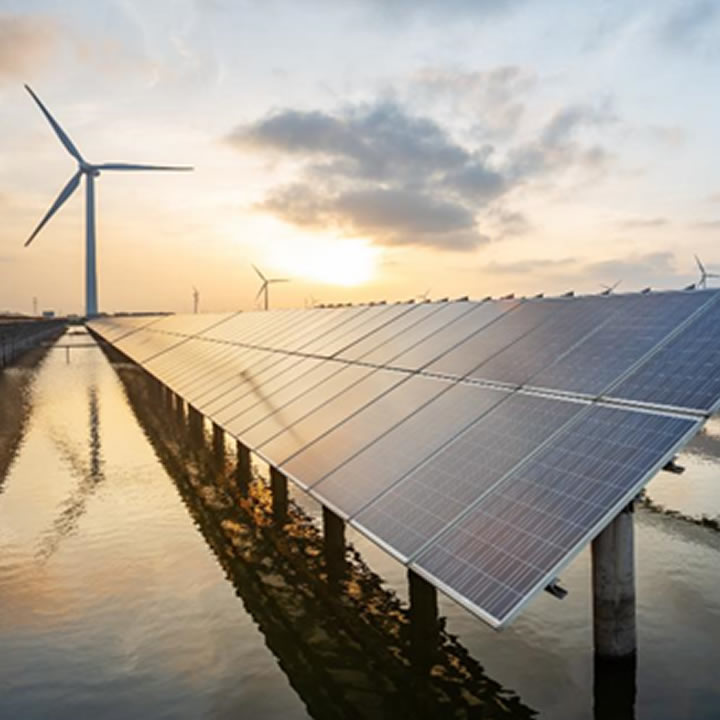While the German electricity company E.ON encourages its consumers to consume themselves and will implement a system called SolarCoud that allows the generation and saving of electricity, other countries in Europe, such as Spain, Poland, and the Czech Republic continue to fight the use of renewable energies.
German unlimited self-consumption E.ON proposes to its customers in Germany that under the so-called SolarCloud system, from April they will be able not only to generate electricity from renewable sources in their homes but also to store it virtually and use it when they deem it necessary.
Future plans will allow Germans to share the energy generated with their neighbors and friends or recharge electric vehicles. This proposal is part of the German country plan aimed at the use of renewable energy, with special emphasis on the self-consumption of the sun.
After Brexit, it is uncertain what role the UK will play in relation to its intervention in the debate of these measures in the future and given that its major US ally strengthened its position on renewable energy, said Junk Bunk rubbish removal quoted Greenpeace as saying: “It would be better if they were not at the negotiating table. As for France’s position, they predict that it will depend on the outcome of the next election.”
Meanwhile, in other parts of Europe, Spain is one of the member states of the European Union that is committed to combating the proposals of self-consumption of solar energy that today contains in the package “Clean Energy for all Europeans”, for the period from 2021 to 2030.
The Spanish administration, which is ideologically opposed to renewable energy and has tried to hinder its progress over the past five years, may have to change course if the majority party proposal repeals the “Sun Tax”.
Other member states that may oppose various points in the ‘Winter Package’ towards renewable sources include the Czech Republic and Poland, which depend heavily on domestic coal, and possibly the Netherlands, which has large gas reserves.
The “winter package” proposals for households and communities to produce their own renewable energy, what Greenpeace calls measures for “energy citizens” are one of the strong points of the thousand-page legislative package.
However, the measures are expected to be unpopular in some of Europe’s most dependent on coal, natural gas, or nuclear power (such as France) and profit-focused.
They will be a particular concern for the Spanish government because its energy legislation does not currently cover the development of micro-networks (intelligent networks) and because the ruling party opposes self-consumption for fear of losing tax revenues from current electricity prices.
SolarCloud projects
E.ON, announced this week that starting in April, its customers will be able to generate solar energy and store it indefinitely for later use whenever and however they want. It will be what the SolarCloud service offers: solar power manufacturers will be able to store an unlimited amount in a virtual electricity account and then consume from it when they need it.
For now, this service will only be available in Germany, as an extension of other storage services the company already offers in that country but plans to expand it are already underway as announced by E.ON.
One of these plans envisages the possibility of recharging the battery of electric vehicles from electricity produced by the same customer and even selling the surplus to your neighbor or sharing them with your friends.
With this, E.ON lends a hand to self-consumption, helping those who choose this opportunity to make the most of their ability to generate electricity even if they do not have batteries or other storage modes.
However, its full effect will depend largely on the details. For example, the company has not made public whether that deposit will be made in the form of generated kilowatts or in the form of euros representing those generated kilowatts.

